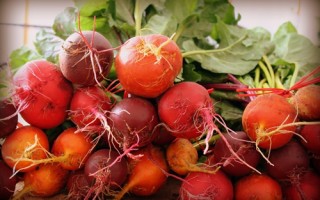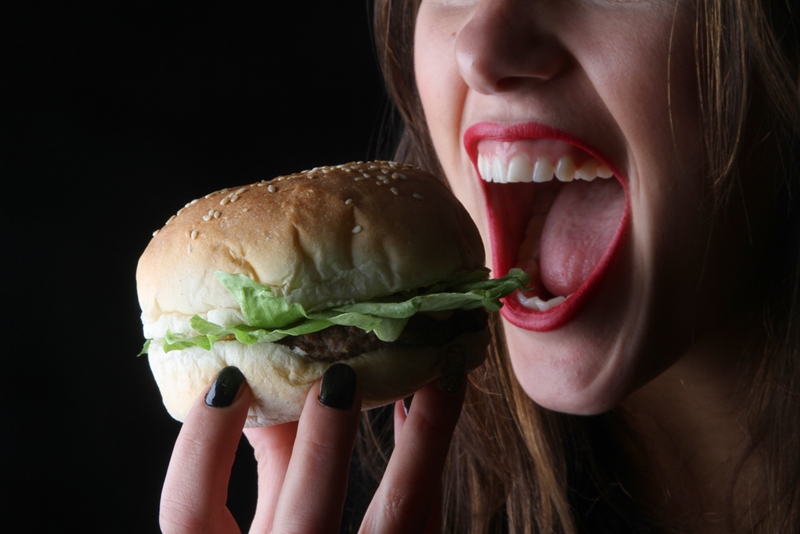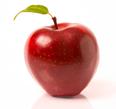
Unlike other organs in your body like the liver, the gallbladder doesn't get a lot of attention unless it is causing you pain. Your liver is one of the largest detoxification organs in your body, second to your skin, while the gallbladder is responsible for holding and releasing bile, aiding in the digestive process. Sitting just under the liver, these organs have a close relationship, so if you are having a problem with one, it could lead to problems with the other.
What problems can you encounter with your liver or gallbladder?
Your liver is an important player in keeping your entire body healthy. The liver performs over 500 beneficial functions in the body, including synthesizing and regulating cholesterol, producing bile, converting fats and proteins into glucose, and transporting fats to adipose tissue when the liver stores are full. There are a variety of external and internal stressors that can make it difficult for the liver to function properly. In addition, chronic stress, poor diet, excess refined carbs, and heavy metals can make it difficult for the liver to convert stored glycogen to glucose for energy.

To keep your liver healthy, it is important to limit certain foods and add in other nutrient-rich items to your daily diet, as outlined in the GAPS Diet. Some of these suggestions include:
- Limiting caffeine intake.
- Limiting or abstaining from alcohol.
- Consuming liver supporting herbs (cilantro, milk thistle, dandelion root, ginger root, garlic, dill, burdock root and more).
- Eating a clean and appropriate diet.
- Avoid toxic, man-made chemicals, even in skincare.
- Undergoing slight detox methods.
- Limiting or avoiding over-the-counter pain relievers and prescription medications.
- Avoiding foods that are high in sugar and refined carbohydrates.
"Poor fat digestion usually leads to bile stones."
Meanwhile, though your gallbladder typically doesn't cause too many problems in your body, if something blocks or slows the flow of bile from the liver, you can experience many issues, such as gallbladder stones or biliary colic. As your gallbladder is responsible for holding and releasing bile, you should know that bile aids in the digestion of fats in the body.
Consuming either a too low-fat diet or consuming the wrong types of fats in your diet can lead to "stale" or viscous bile, leading to gallstones, as well as blocked bile ducts in the liver. A sign you may have bile issues is experiencing nausea, severe fatigue, or bloating after meals that contain fats. However, there is a catch 22; Introducing too many of the "right" types of fats too quickly (like those on the GAPS nutritional protocol such as meat stocks/broths, animal fats, coconut oil, olive oil, etc.) can lead to poor fat digestion and additional unpleasant gallbladder and liver issues. It is essential to introduce fats extremely gradually if you fall into this type of category.
To combat liver and gallbladder issues, Dr. Campbell-McBride recommends introducing fats very gradually with each meal. Some individuals when starting GAPS find it easier to skip the Introduction Diet and start on the Full GAPS Diet until their bile stores have been restored and stones have been removed. Some individuals are only able to introduce a few teaspoons of broth with each meal. She also recommends coffee enemas to support and cleanse the liver, OxBile or bile salt supplementation with each meal containing healthy fats temporarily until the body is able to produce bile on its own, and GAPS milkshakes with liver supporting herbs.
How can you make a GAPS Milkshake?
To make a GAPS milkshake, Campbell-McBride says, "Make a juice from a mixture of fruit and vegetables, add 1-2 raw eggs (both the yolk and the white) and a large dollop of raw sour cream (if sour cream was not introduced yet, use coconut oil) and whisk the whole thing. It will turn into a delicious 'milkshake.'"
She says the fats and protein balance the the sugars within the juice, which helps keep your blood sugar under control. The beneficial juices from celery, beets, apples and other vegetables also soften gallbladder stones over time, while the fats in the milkshake provide gentle stimulation to the liver, which will squeeze these stones out of the body. Each of these vegetable and fruit juices operate as perfect "liver cleansers."
"Start this milkshake from a few tablespoons per day and gradually increase to 2 glasses per day: first thing in the morning on an empty stomach and middle of afternoon," Campbell-McBride recommends.
For additional information about the GAPS Diet and how to get started, you can consult with a Certified GAPS Practitioner and visit the rest of our website today!

